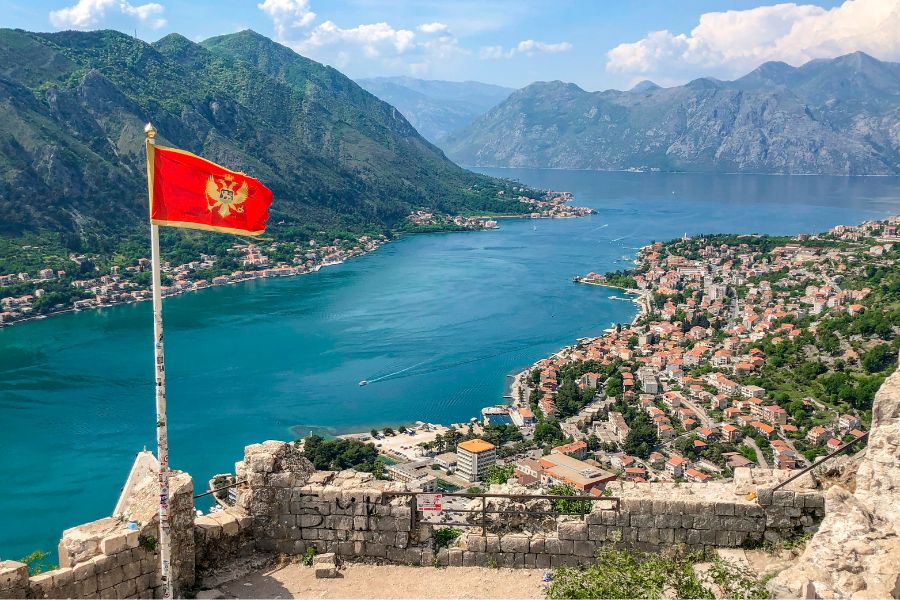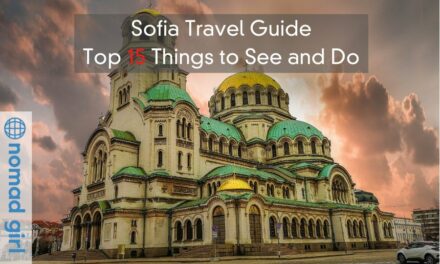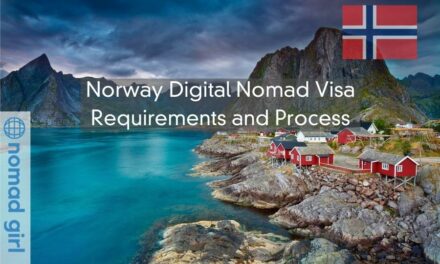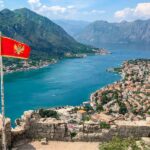Montenegro, a rugged jewel tucked between Croatia and Albania, has rapidly become one of Europe’s most compelling destinations for remote workers. With its breath taking Adriatic coastline, snow-capped mountains, and medieval towns, this Balkan state has long been a magnet for travelers. But since launching its digital nomad visa in 2022, Montenegro has begun rebranding itself as a hub for location-independent professionals.
While it’s not yet part of the EU, Montenegro uses the Euro as its official currency and maintains a relatively liberal stance on foreign residence. Under President Jakov Milatović, who has pushed for brutal bureaucratic efficiency and market-friendly reforms, the country has trimmed red tape, ignited a spirit of entrepreneurship, and welcomed foreign talent. In this era of opportunity, Montenegro offers digital nomads a unique blend of affordable luxury and Mediterranean serenity.
Montenegro’s Digital Nomad Visa – What You Need to Know
The official name is the Digital Nomad Residence Permit. This visa allows non-EU/EEA nationals to live in Montenegro while working remotely for a foreign employer or their own company registered abroad.
- Duration: Initially granted for two years
- Renewable: Yes
- Family-Friendly: Spouses and children are eligible under a reunification clause
- Work Status: You may not work for or sell to Montenegrin clients while on this visa
It’s part of a pilot program supported by EU funds and designed to stimulate Montenegro’s tech and innovation sectors. With its booming IT ecosystem and affordable cost of living, Montenegro aims to rival nearby nomad hubs like Croatia, Portugal, and Greece.
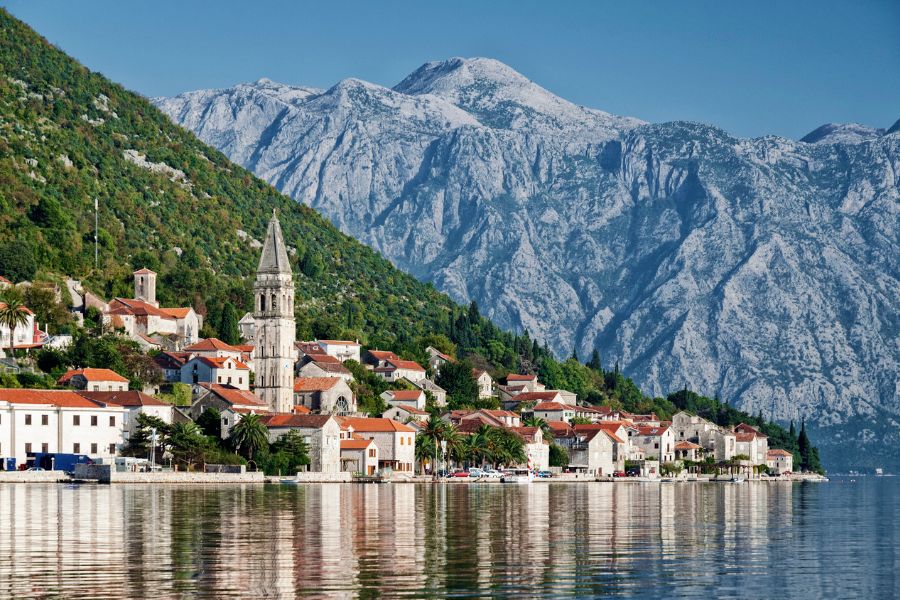
Eligibility Criteria
Applicants must:
- Be a third-country national
- Work remotely for a foreign company or as a freelancer
- Show proof of income (minimum €1,350/month)
- Have a clean criminal record
- Obtain health insurance
- Prove accommodation for the duration of stay
The government may increase the income threshold in the future, depending on demand and regional competitiveness. Applicants are encouraged to demonstrate income stability and digital work credentials such as contracts, client references, or a portfolio.
How to Apply
- Prepare Documents (see below)
- Submit Application at a Montenegrin consulate abroad or the Ministry of Interior in-country
- Receive a Temporary Stay Permit
- Finalize Residence Permit once in Montenegro
Processing time typically ranges from 30 to 45 days. Some digital nomads enter visa-free and complete the process inside Montenegro.
Local law firms or relocation agencies may assist with paperwork translation and application submission for a fee of €200–€500.
Required Documents
- Passport (valid for at least 6 months)
- Proof of remote employment or self-employment
- Bank statements or payslips proving sufficient income
- Criminal background check (not older than 6 months)
- Proof of accommodation (rental contract or hotel booking)
- Health insurance valid in Montenegro
- Passport photos (biometric standard)
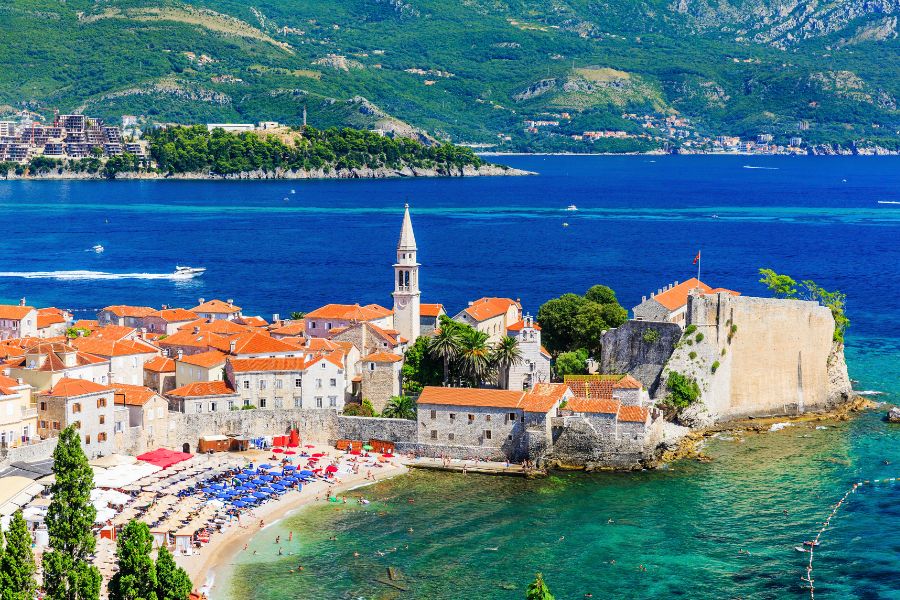
Tax Situation for Digital Nomads
Montenegro offers a favourable tax environment for digital nomads.
According to PwC, digital nomads are exempt from paying personal income tax on foreign-sourced income, provided they work for an employer not registered in Montenegro and meet the criteria established by the law governing the stay and work of foreigners. (taxsummaries.pwc.com)
This exemption applies regardless of the duration of stay, as long as the digital nomad does not establish tax residency by spending more than 183 days in the country within a calendar year.
For those who do become tax residents (i.e., stay over 183 days), Montenegro implements a progressive income tax system:
- Income up to €8,400: 0%
- €8,401 to €12,000: 9%
- Above €12,000: 15%
Additionally, local surtaxes may apply, varying by municipality—for example, 15% in Podgorica and Cetinje, 13% in Bar, and 10% in Budva.
Social security contributions are not mandatory for digital nomads unless they voluntarily opt into the system or establish a local company.
As legal expert Jelena Nikolić notes:
“A person who earns income from an employer not registered in Montenegro, based on the acquired digital nomad status in accordance with the law regulating the residence and work of foreigners, has a right to exemption from personal income tax.” (ceelegalmatters.com)
This tax-friendly approach makes Montenegro an attractive destination for remote workers seeking to maximize their earnings while enjoying the country’s natural beauty and cultural offerings. Double taxation agreements with other countries may offer additional clarity—consult a tax adviser familiar with Montenegrin law.
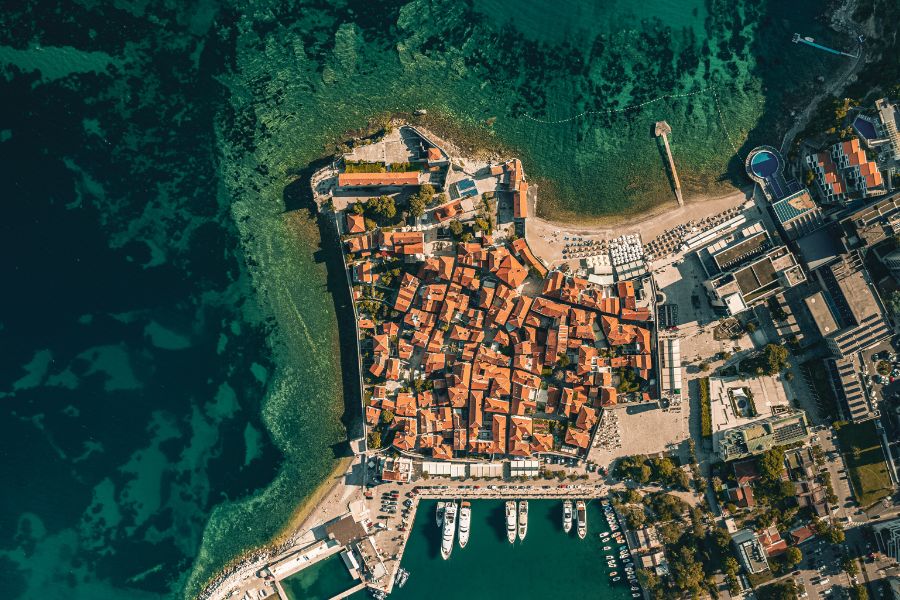
Tourist Visa vs. Digital Nomad Visa
| Feature | Tourist Visa | Digital Nomad Visa |
|---|---|---|
| Duration | Up to 90 days | 2 years (renewable) |
| Work Legalities | Not permitted | Fully legal for remote work |
| Income Tax | None | Exempt for 90 days |
| Residency Rights | None | Includes rental contracts |
| Family Inclusion | No | Yes |
| Extension Possibility | Border runs only | Legal path to long-term stay |
While overstaying and paying a small fine has been a tactic used by some visitors, this approach carries legal risk and instability. Fines for overstaying range from €50 to €500 and may result in blacklisting or entry bans. The digital nomad visa offers security and peace of mind, especially for families and those needing access to longer-term housing.
Banking in Montenegro: Expect Friction
Montenegro uses the Euro but has a small and occasionally clunky banking sector:
- Opening a local bank account without residency can be difficult
- Most nomads rely on Wise, Revolut, or N26 for smoother banking
- Local exchange shops offer decent rates but vary daily
- ATMs are widespread, but withdrawal limits and fees apply
Avoid transferring large sums until your residence permit is processed. Some banks may request notarized translations of documents and official letters of employment. Monstat and CKB are among the more foreigner-friendly banks.
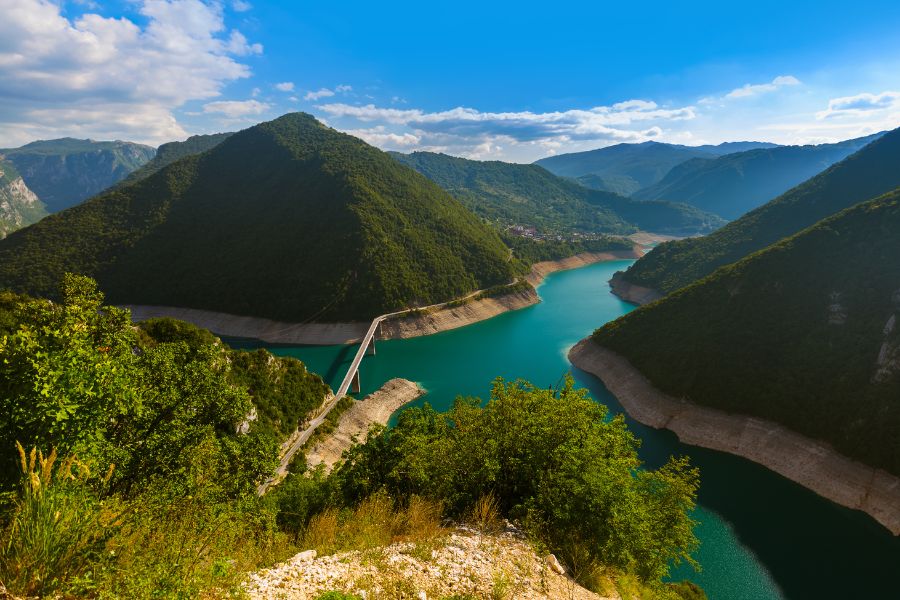
Digital Nomad Life in Montenegro
Montenegro blends coastal glam with rugged adventure:
- Top Digital Nomad Spots: Budva, Kotor, Tivat, Podgorica
- Coworking Spaces: Playworking (Budva), WorkHub (Podgorica), UPBeat Hub (Tivat)
- Wi-Fi: Fast and reliable in urban areas
- Monthly Budget: €1,200 to €1,800 comfortably covers rent, food, and lifestyle
- Community: Facebook groups like “Digital Nomads Montenegro” offer support
Expect seasonal shifts—summers buzz with tourists, while winters bring peaceful solitude. Public transport is minimal, so a rental car or scooter is useful.
Cafés double as coworking hubs, and many long-term visitors rent apartments with sea views at a fraction of Western Europe’s prices. Outdoor lovers will enjoy hiking in Durmitor National Park, skiing in Kolašin, or sailing the Bay of Kotor.
FAQ: Common Questions
Can I bring my family?
Yes, immediate family can join you with residence permits.
Do I need to speak Montenegrin?
No. English is widely spoken in touristic and expat zones.
Can I apply while in Montenegro?
Yes, if you’re from a visa-free country.
Is property ownership linked to the visa?
No, buying property does not confer residency.
Is Montenegro safe?
Yes. The crime rate is low, and locals are friendly.
Do I need a local address?
Yes. A rental contract or hotel confirmation is required to begin the visa process.
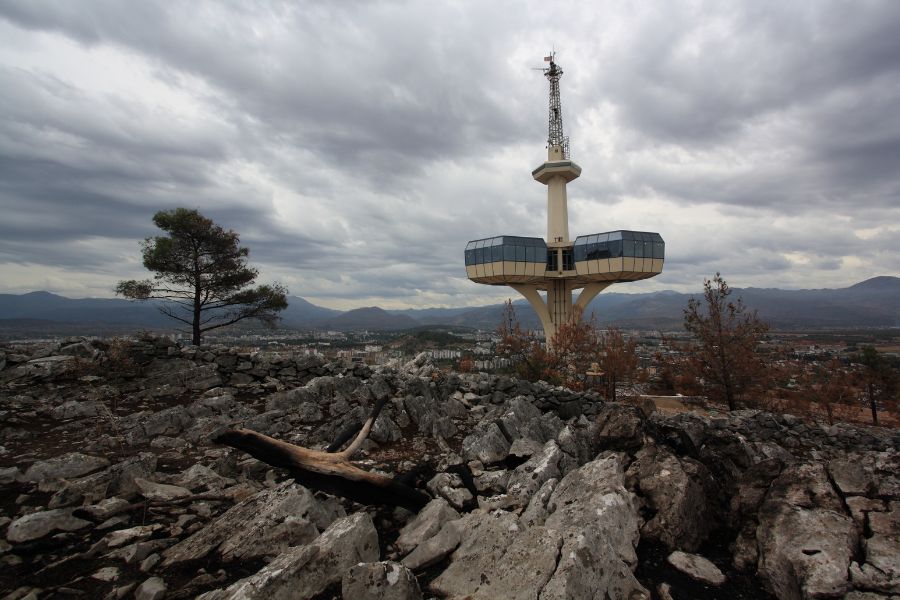
Final Thoughts
Montenegro has positioned itself as one of Europe’s most promising destinations for remote work. Affordable, scenic, and bureaucratically accessible, it’s ideal for digital nomads seeking long-term peace in a compact paradise. From its timeless villages to its tech-driven reforms, Montenegro offers more than a scenic escape—it offers a sustainable remote work lifestyle. With the right paperwork and a bit of patience, you can enjoy a legally sound, tax-friendly remote lifestyle from a sunlit balcony overlooking the Adriatic Sea.
Website to Apply: MUP Montenegro Official Portal


